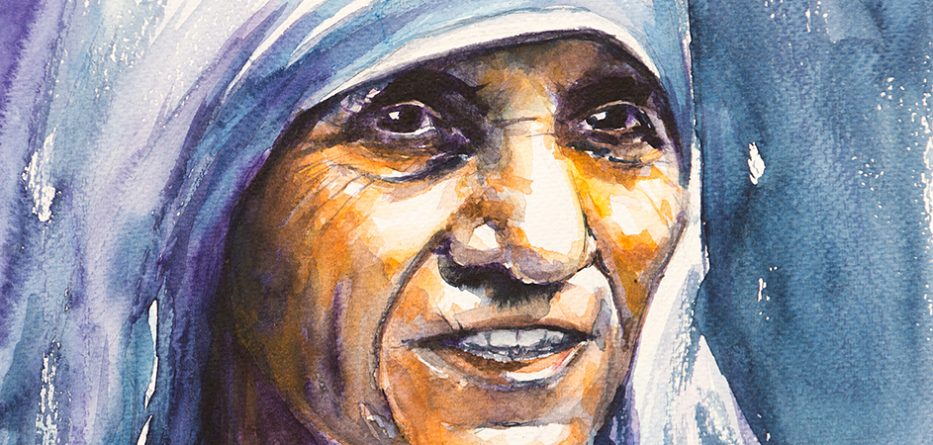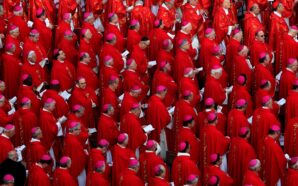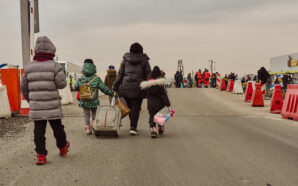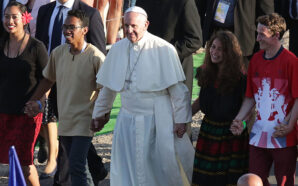The optional memorial of Mother Teresa of Calcutta (1910–1997), beatified by Pope John Paul II in 2003 and canonized by Pope Francis in 2016, is now part of the General Roman Calendar. The Dicastery for Divine Worship and the Discipline of the Sacraments announced the decision in a decree dated Dec. 24, 2024, the opening day of the Jubilee, but published Feb. 11.
The decree, signed by Cardinal Arthur Roche, prefect of the dicastery, stated that Pope Francis, responding to “petitions and desires of Pastors, Religious men, and women, as well as Associations of the Faithful, and considering the influence exercised by the spirituality of Saint Teresa in different parts of the world,” has ordered that the name of the Missionaries of Charity founder “inscribed in the General Roman Calendar and her Optional Memorial shall be celebrated by all on 5 September every year.”
This memorial must now be included in all liturgical calendars and books for the celebration of Mass and the Liturgy of the Hours. The corresponding liturgical texts, attached to the decree, must be translated, approved, and published by episcopal conferences.
A nun with global influence
Since her canonization, many priests have mentioned Mother Teresa in Mass on Sept. 5, the date of her death in 1997, but her name was not formally included in the universal liturgical canon, which does not automatically incorporate newly canonized saints.
In an explanatory note, Cardinal Roche clarified that Pope Francis elevated the commemoration of Mother Teresa to an optional memorial given the “influence of the spirituality of Saint Teresa of Calcutta throughout the world,” and that he wished to propose her as “an outstanding witness to hope for those who had been discarded in life.”
“May the insertion of this celebration in the General Roman Calendar help us to contemplate this woman, a beacon of hope, small in stature yet great in love, a witness to the dignity and privilege of humble service in the defense of all human life and of all those who have been abandoned, discarded and despised even in the hiddenness of the womb,” Cardinal Roche added, echoing the pope’s message.
Nobel Peace Prize laureate
Born Aug. 26, 1910, as Anjezë Gonxhe Bojaxhiu in Skopje—now the capital of North Macedonia, then part of the Ottoman Empire—Mother Teresa joined the Loreto nuns before founding the Missionaries of Charity in 1950. Initially dedicated to serving the poorest in India, her congregation expanded worldwide, operating in 123 countries at the time of her death in Calcutta in 1997.
Awarded the Nobel Peace Prize in 1979, Mother Teresa became a leading figure in charity and the defense of life in the late 20th century, strongly opposing abortion. She maintained a close relationship with Pope John Paul II, who beatified her in 2003, just six years after her death.
Pope Francis canonized her in September 2016 during the Jubilee of Mercy. Her mission to the peripheries of society was “for us today an eloquent witness to God’s closeness to the poorest of the poor,” he said in his homily.
Republished with permission by La Croix International.








